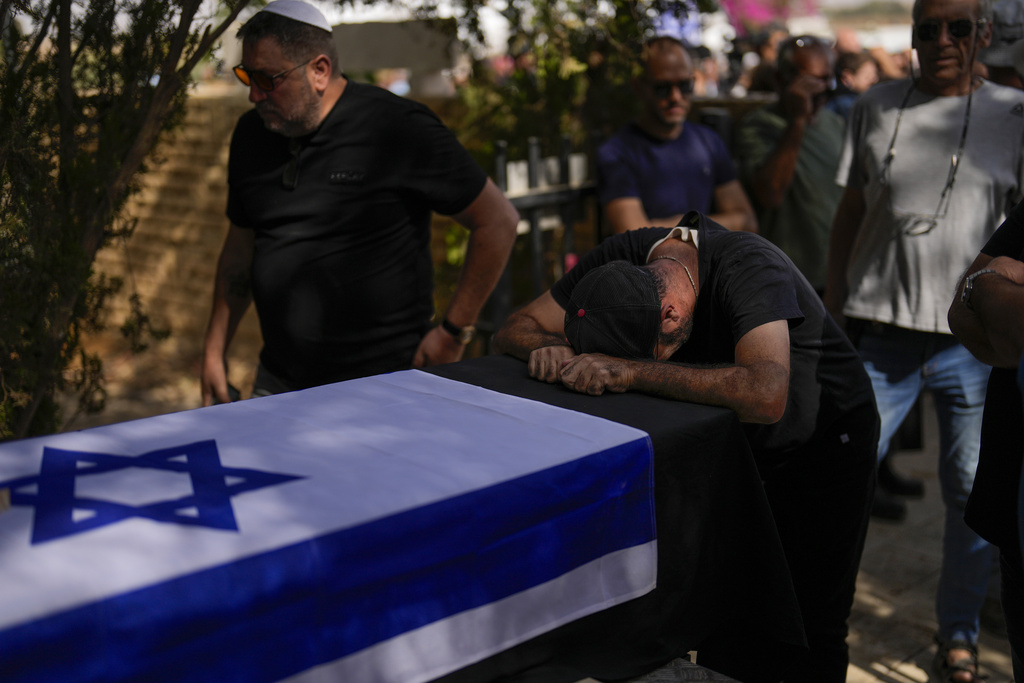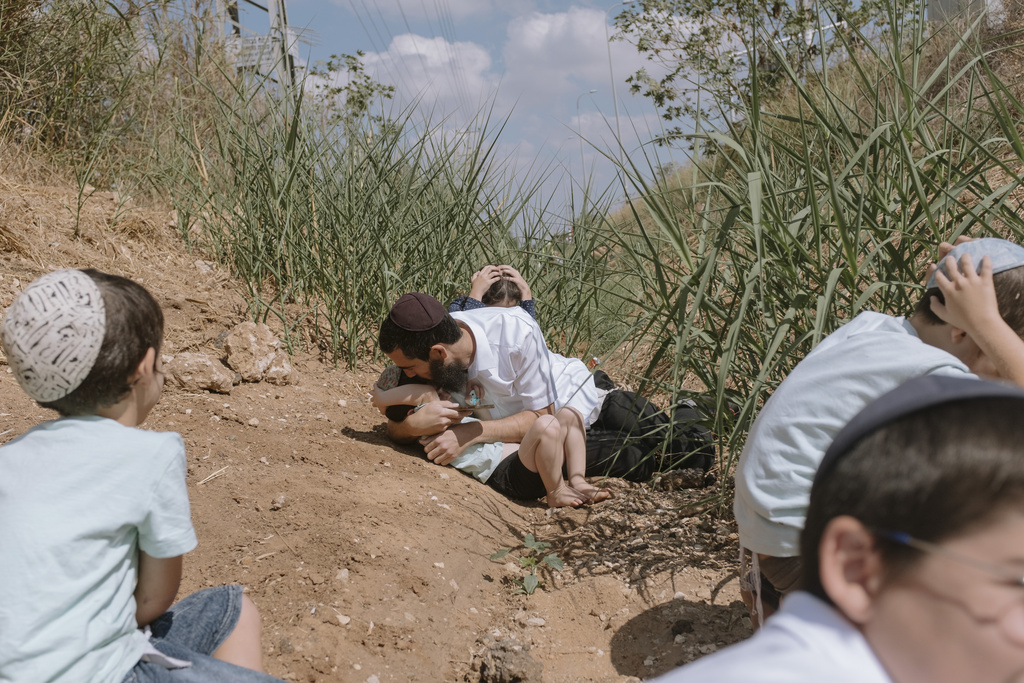Why is an organization that is committed to saving babies in Israel shifting to outfitting soldiers and civil patrols?
“At the end of the day, we’re all about saving lives and building a better future,” noted Nir Salomon, Executive Director of EFRAT (pronounced ‘eff-RAHT’), an Israeli organization committed to saving babies from abortion.
Cherishing Life
EFRAT supports mothers-to-be with financial assistance and emotional support so they can give birth and raise their baby with dignity, joy, and peace of mind.
For nearly 50 years, EFRAT has been the point of contact for women who want to give birth to their babies, but experience emotional and financial distress. Over 85,200 babies have been saved and are today part of the Jewish people because of the tireless efforts of EFRAT.
But when the terror organization Hamas attacked southern Israeli communities on October 7, the whole world changed for the people of Israel. Over 1,400 men, women, and children, from babies to the elderly, lost their lives at the hands of hundreds of terrorists, who overran their idyllic towns and villages during a sacred Jewish holiday.
More than 200 innocent people were abducted from their beds and kidnapped. Hundreds are still unaccounted for. The Jewish people inside Israel and around the world are grieving and asking for support. The citizens of Israel are living under barrages of rocket attacks day and night both from the south and from the north.
But even during these difficult times, EFRAT continues to provide the mothers of more than 3,000 babies with food and baby care packages, often under rocket fire,
“We are not changing the mission of EFRAT.” Salomon offered. “But we are one family. It is impossible to ignore the fact that we are at war. We know now that no one is safe until this terrible period is over. I know It’s hard for Americans to imagine this reality, but this is what we are facing.”
For this reason, EFRAT is asking their supporters around to world to help Israel’s brave defenders who are protecting outlying communities from enemy attacks.

Supporting the Most Vulnerable
Currently, Israel has mobilized nearly 10% of its civilian population into war-time readiness against this existential threat–-the largest mobilization in the modern state’s 75-year history.
EFRAT is in close communication with civilian patrols in outlying Jewish communities that are surrounded by villages actively preparing to attack. Many members of these civilian patrols have been called up to active fighting. Reservists and additional civilians have joined to reinforce these patrols. But they do not have the necessary gear to be effective.
These civilian patrols function like a national guard. They patrol the perimeters of their communities, alert the community of break-ins, and stay in constant communication with the army and emergency services. They are on high alert for threats of infiltration.
Tens of thousands of women, children, and elderly are currently living in fear of an attack at any moment.

Winter in Israel
“People may not know, but winters in the mountains of Israel are cold and wet,” said Julia Ben Tal Varady, EFRAT’s Global Public Relations Director. “We need to supply our reservists and civilian patrols with coats, hats, tactical gloves, and thermals for the cold weather.”
With war, preparation is everything.
When Salomon and others in EFRAT became aware that these reservists civilian patrols lacked many basic supplies, they quickly began sourcing supplies within Israel and abroad. Tactical equipment was also lacking such as helmets, bulletproof vests, night vision goggles, boots, and other equipment, such as ATV patrol vehicles.
“When the war started, it was surreal,” Salomon said. “I am on the first response team in our community, and we had credible intelligence that something may happen from a village to our south. We braced ourselves without panicking the civilian population. We closed our synagogues and prayed in small groups near our homes so we could protect our wives and families.”
For Salomon and Ben Tal Varady, they are hopeful that in the not-too-distant future, they will be able to focus exclusively on EFRAT’s primary mission — the support of mothers and rescue of babies.
“What EFRAT does, day in and day out, is no less important than the war we are fighting now,” Salomon said. “Our effort to celebrate life is part of our cultural DNA. But for now, we are also asking the good people in the world to help ensure our survival.”
To learn more about EFRAT, visit www.cribefrat.org.
